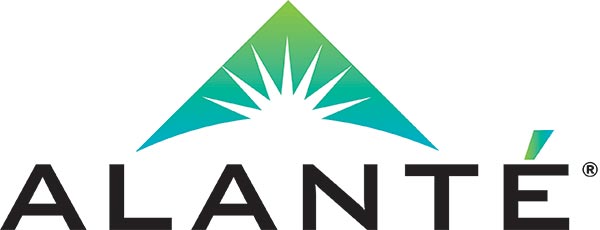The Centers for Medicare & Medicaid Services (CMS) just made it official: cardiology is entering a new era of accountability. With major changes coming in the 2026 Medicare Physician Fee Schedule (PFS) and the rollout of the Ambulatory Specialty Care Model (ASM) in 2027, your practice will be expected to do more than ever—while proving it with outcomes, not just services.
The Headlines to Watch
If your practice treats patients with heart failure, you will soon be responsible for much more than clinic-based care. Under ASM, CMS will hold cardiologists accountable for the total cost of care, coordination across care settings, and actual patient outcomes over time.
This model isn’t optional—it’s mandatory in selected regions starting January 1, 2027.
What the 2026 Medicare Fee Schedule Means for You
Here’s what cardiologists need to know about the proposed 2026 PFS :
- 3.8% reimbursement increase for physicians participating in Advanced Alternative Payment Models (APMs)—like ASM
- Increased support for Chronic Care Management (CCM), Transitional Care Management (TCM), and Principal Care Management (PCM)
- Revised E/M code valuations to better reflect care complexity
- CMS shifting from process-based to outcome-based quality measures
The goal? To reward practices that deliver longitudinal, coordinated care—not just episodic treatment.
Understanding the ASM Model (And Why It Matters to Cardiologists)
The Ambulatory Specialty Care Model is designed to reduce variation and improve outcomes for two high-cost conditions: heart failure and low back pain.
For cardiologists, ASM means:
- Responsibility for total cost of care for heart failure patients
- Required coordination with primary care, post-acute care, and community-based providers
- Public reporting of performance metrics like readmissions, medication adherence, and care transitions
- Use of alternative payment approaches, where reimbursement depends on outcomes, not volume
Did you know? Structured interventions like timely follow-up and medication reconciliation can reduce 30-day readmissions among heart failure patients by up to 50%.
Operational and Financial Pressure
This all sounds promising—but many cardiology practices may not be fully prepared.
Delivering this level of care means:
- Timely post-discharge outreach
- Monthly follow-up and documentation for chronic care
- Real-time monitoring of clinical status
- Staffing to support medication reconciliation, behavioral health screening, and care transitions
- Documentation and billing compliance to meet CMS standards
And if you’re not participating? You may miss out on enhanced reimbursement—and face financial penalties tied to poor performance.
A Smarter Way Forward: Alante CareConnect
Alante CareConnect is a cardiology-aligned solution that helps practices thrive under CMS’s evolving models—without adding administrative burden or internal staff.
Here’s how CareConnect can become an extension of your practice, improving outcomes and enhancing revenue:
Transitional Care Management (TCM)
After hospital discharge, we reach out to your patients within 48 hours to reconcile medications, identify red flags, and coordinate follow-up. This dramatically reduces readmissions and supports compliance with ASM care transition expectations.
Chronic Care Management (CCM)
We provide monthly telephonic check-ins with heart failure patients to monitor symptoms, improve medication adherence, and support self-management. All activities are documented and billable under Medicare’s CCM rules.
Remote Patient Monitoring (RPM)
We equip patients with home-based monitoring tools (e.g., blood pressure cuffs, weight scales) and provide daily oversight. Abnormal readings trigger immediate clinical follow-up, allowing early intervention before conditions escalate.
It’s worth noting that with 1,000 enrolled Medicare patients, a practice can generate $50,000–$150,000+ annually in new revenue through properly billed CCM and RPM services.
Start Preparing Now
The 2027 launch of the Ambulatory Specialty Care Model may feel far off—but the work to prepare begins now.
Ask yourself:
- Are you consistently following up with discharged heart failure patients?
- Do you have workflows for monthly care management and documentation?
- Are you capturing real-time data to prevent readmissions?
- Can your current team handle the expanded coordination CMS now expects?
If you’re unsure, CareConnect is ready to help. We become an extension of your office—supporting better outcomes, higher reimbursement, and patient-centered care, all without adding to your internal workload.
Alante CareConnect Can Ease Your Burden & Ensure You’re Prepared
Alante Health specializes in supporting specialty practices like yours as they navigate CMS’s transition to value-based care. If you’re ready to align with the 2026 PFS and ASM model without overhauling your operations, we’d love to talk.
Reach out to us today to schedule a consultation or learn more about CareConnect.
